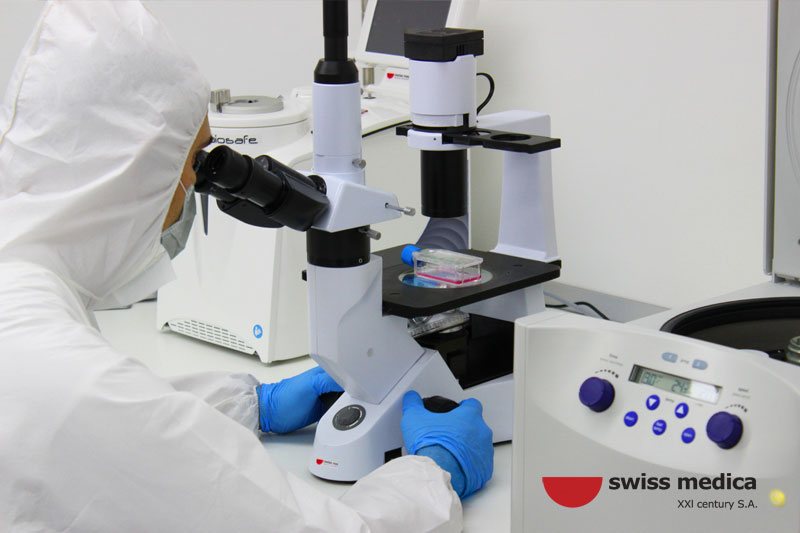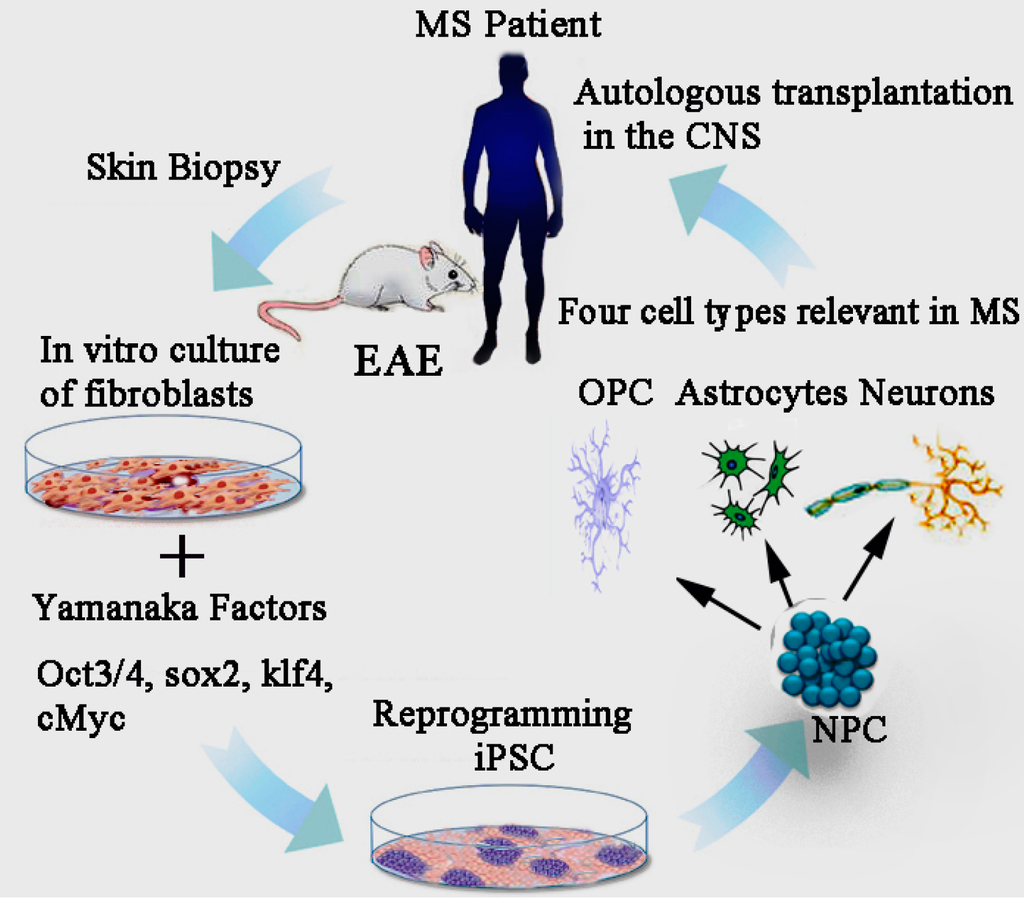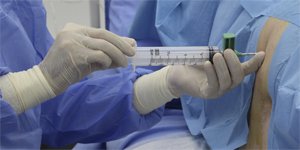

“I am therefore very pleased that we have succeeded in obtaining approval for the treatment from the Federal Office of Public Health and that health insurers are covering the costs,” Martin says. “Phase III studies cost several hundred million euros, and pharmaceutical companies are only willing to conduct them if they will make money afterward.” This is not the case with stem cell therapy, as the drugs used are no longer patent-protected. But lamentably, says Martin, the treatment is not approved in many countries, as phase III studies are lacking. These findings have enabled the researchers to understand why stem cell transplants are usually so successful. “But after a transplant, the organ appears to resume its function and ensures the creation of a completely new repertoire of T cells which evidently do not trigger MS or cause it to return.” Further studies needed for wider approval “Adults have very little functioning tissue left in the thymus,” says Martin. This is where the T cells go to school, so to speak, and learn to distinguish foreign structures, such as viruses, from the body’s own. The thymus gland plays an important role in this process.

In the months and years following the transplant, the body gradually recreates the different types of immune cells. These remnants of the original immune system nevertheless pose no risk for a return of MS: “They are pre-damaged due to the chemotherapy and therefore no longer able to trigger an autoimmune reaction,” explains Martin. Further analysis showed that these cells had not re-formed, but had survived the chemotherapy. Surprisingly, the cells known as memory T cells, which are responsible for ensuring the body remembers pathogens and can react quickly in case of a new infection, reappeared immediately after the transplant. This allowed the researchers to track how quickly the different types of immune cells regenerated. The analysis was done before, during and up to two years after treatment. In the recently published study, Martin’s team systematically investigated these questions for the first time by analyzing the immune cells of 27 MS patients who received stem cell therapy in Zurich. Some unclear aspects were what exactly happens after the immune cells are eliminated, whether any of them survive the chemotherapy, and whether the autoreactive cells really do not return. “Previous studies have shown the basic workings of the method, but many important details and questions remained open,” says Martin. The body uses these cells to build a completely new immune system without any autoreactive cells. The patients then receive a transplant of their own blood stem cells, which were harvested before the chemotherapy. It is the only clinic in Switzerland approved for this treatment.ĭuring the treatment, several chemotherapies completely destroy the patients’ immune system – including the subset of T cells which mistakenly attack their own nervous system. Four years ago, thanks to the high effectiveness of the treatment and the now low mortality rate, Martin’s department together with the USZ clinic were granted approval to administer the therapy. The treatment is particularly suitable for younger people with aggressive forms of the disease. “80 percent of patients remain disease-free long-term or even forever following an autologous hematopoietic stem cell transplant,” says recently retired Professor Roland Martin, study lead and last author.

A study by the Department of Neuroimmunology and MS Research at the University of Zurich (UZH) and the Department of Medical Oncology and Haematology Clinic at the University Hospital Zurich (USZ) has now pinpointed why the most effective currently available therapy – a stem cell transplant – works so well. Fortunately, there have been great advances in therapies in recent decades. The disease leads to paralysis, pain and permanent fatigue, among other symptoms. MS is an autoimmune disease in which the body’s own immune system attacks the myelin sheath of the nerve cells in the brain and spinal cord. Every day, one person in Switzerland is diagnosed with multiple sclerosis.


 0 kommentar(er)
0 kommentar(er)
